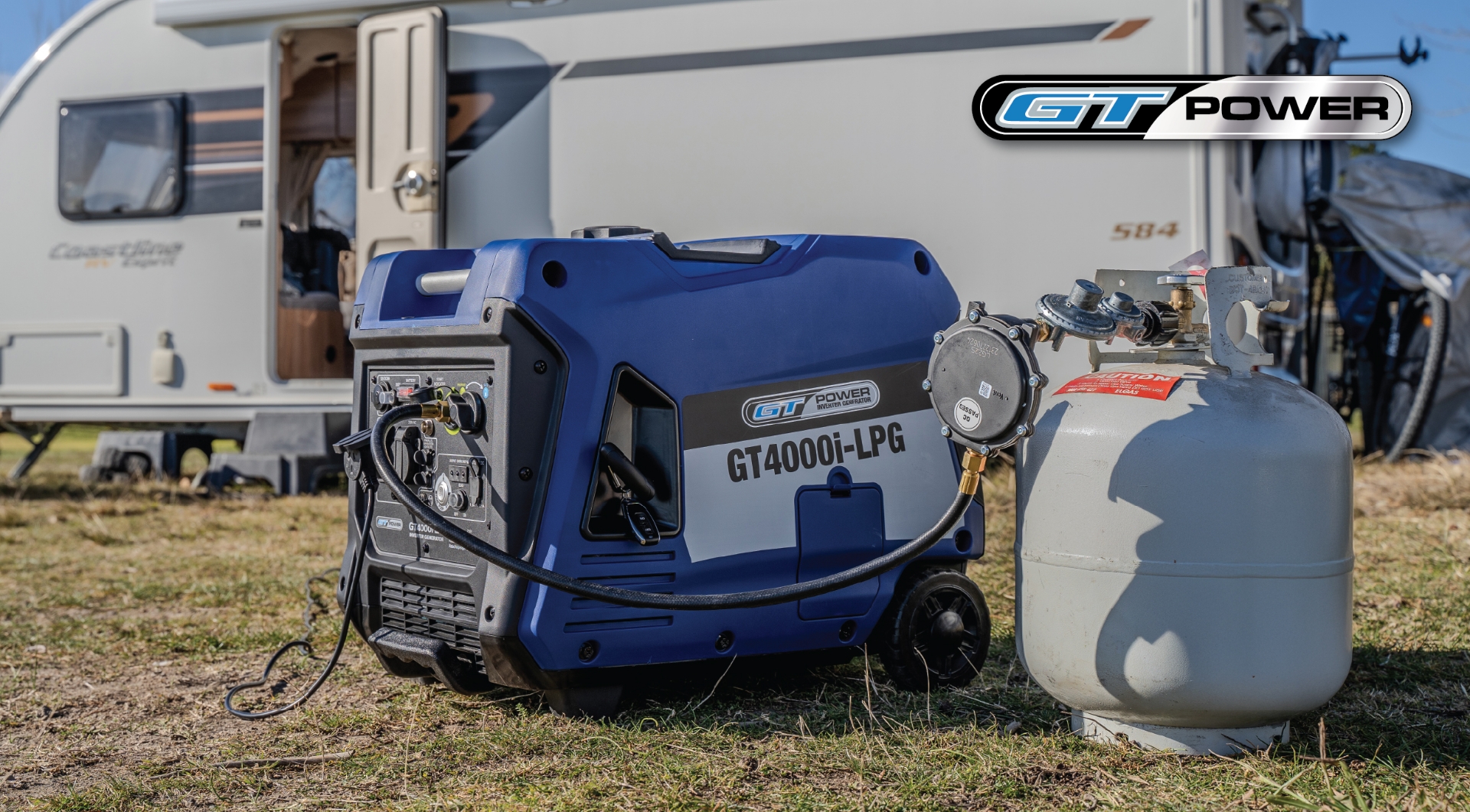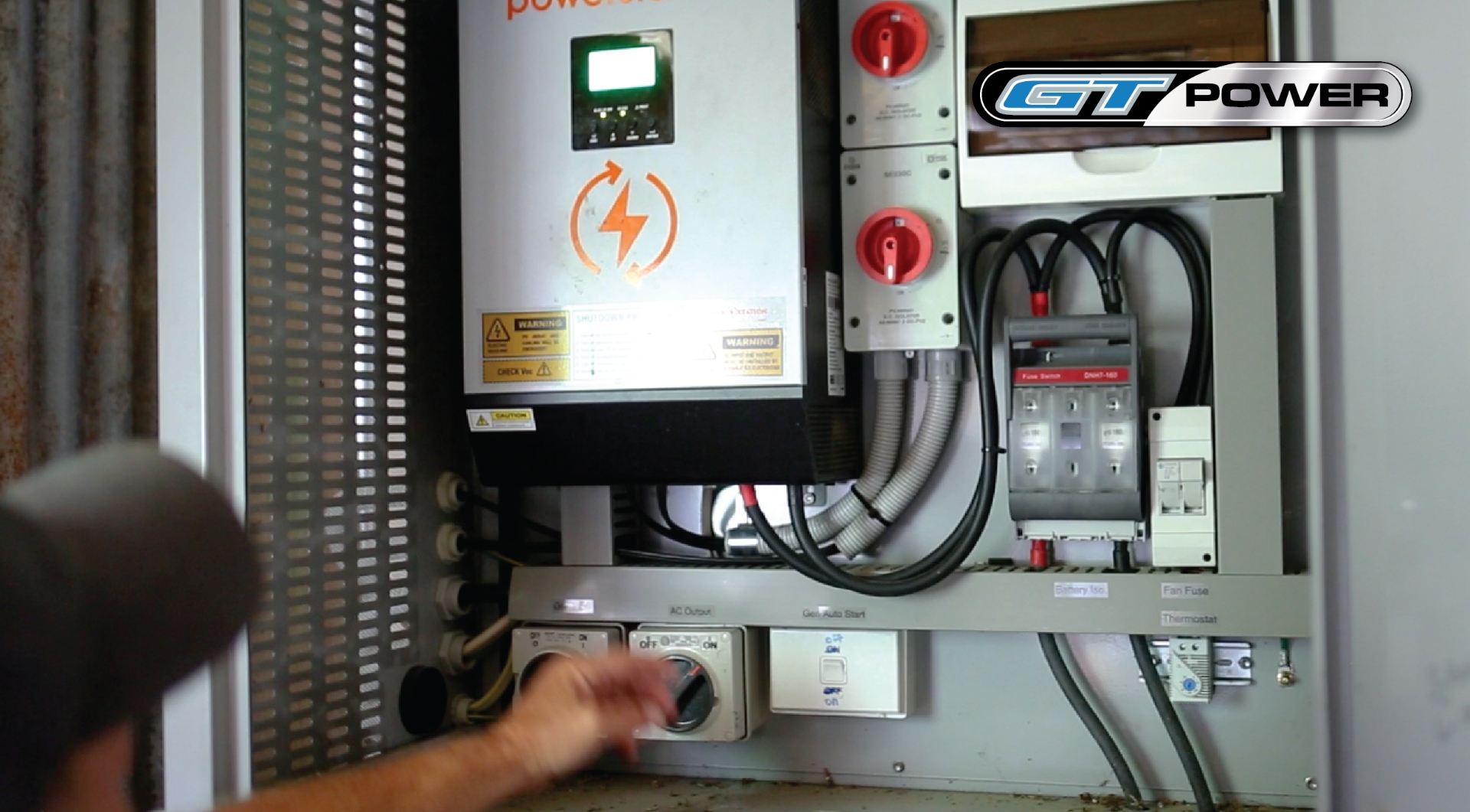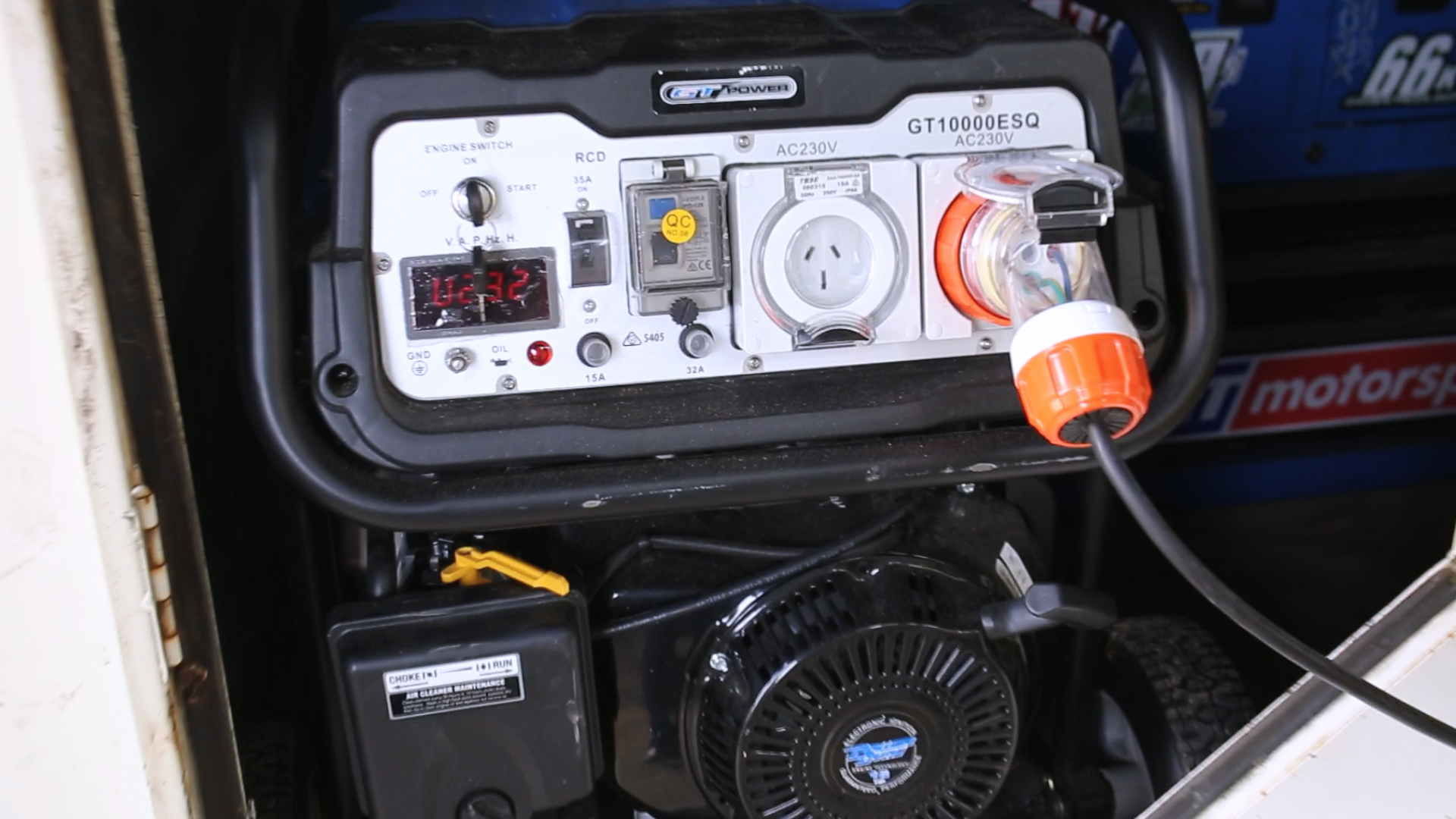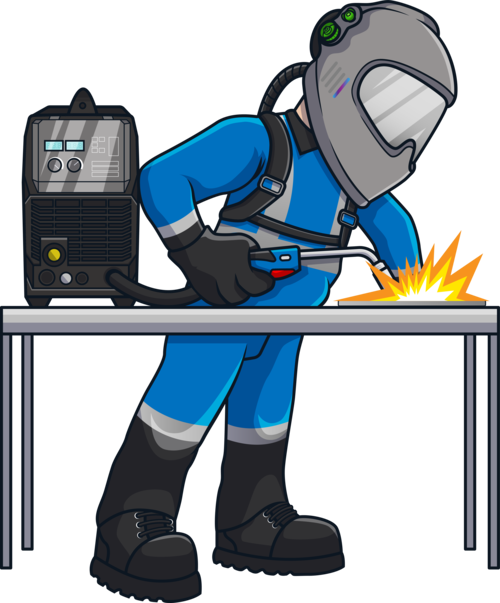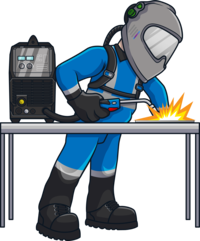Table of Contents
.jpeg)
Fuel engines power much of New Zealand's industry—agriculture, transport, construction, and marine operations all rely on them daily. Yet, for all their reliability, diesel and petrol systems face a persistent threat that many operators overlook until it's too late: fuel contamination.
It's known informally as the "diesel bug," which originates in the environment where fuel (mainly diesel) is stored. Microbial growth inside tanks, fuel lines, and filters can turn high-grade fuel into a hazard, clogging filters, corroding equipment, and leading to engine breakdowns. The cause? Water in the fuel system creates ideal conditions for bacteria, fungi, and yeast to grow.
For those in charge of maintaining engines and machinery, prevention is more cost-effective than a cure. Liquid Engineering Fuel Set, available through Proline Industrial, offers a proactive solution to this growing problem. This all-in-one fuel conditioner neutralises water, dissolves contaminants, and protects engines across sectors—from marine and transport to agriculture and emergency services.
Understanding Diesel Contamination: What Is Diesel Bug?
The term "diesel bug" refers to microbial contamination in fuel (mainly diesel). These are not algae or visible pests—they're microscopic organisms, such as bacteria and fungi, that thrive at the interface where water meets fuel. While diesel doesn't support microbial life, water inside tanks creates the perfect breeding ground.
Water can enter a fuel system through several common routes:
- Condensation: especially in tanks exposed to temperature fluctuations.
- Poor storage: old or partially filled tanks are vulnerable.
- Ventilation: air drawn into the tank during use carries moisture and airborne spores.
Once inside the tank, the microbes multiply rapidly, particularly in warm and humid environments. A single cell can reproduce exponentially, forming biofilms, sludge, and acidic by-products. These eventually clog filters, corrode tank walls, and damage fuel system components.
Microbial contamination remains a risk even in modern fuel blends, which are typically more refined. Bio-components in some fuels, such as biodiesel, can feed microbial colonies, accelerating fuel degradation.
How Contamination Affects Equipment
Diesel bug contamination often begins silently. A bit of moisture in the tank seems harmless—until filters begin clogging with black sludge. Then, the equipment becomes harder to start, runs unevenly, or stalls under load.
This is not an isolated issue:
- Clogged fuel filters: microbial colonies form a sludge that blocks filtration media, reducing flow and starving the engine.
- Fuel degradation: microbial growth alters fuel chemistry, reducing combustion quality and leading to incomplete burn.
- Engine damage: particles and acidic waste from microbes corrode injectors, lines, and pumps, shortening component lifespan.
- Operational downtime: equipment must be pulled from service for cleaning or repair, disrupting schedules and increasing costs.
Left untreated, microbial contamination can cause thousands of dollars in damage, not only from repair bills but also from lost productivity.
Traditional Solutions: A Costly Reaction
When faced with fuel contamination, many operators react by draining tanks, changing filters, and applying chemical biocides. While these actions can temporarily reduce microbial activity, they often fail to address the root cause: the presence of water.
Biocides, in particular, come with challenges:
- Toxicity: Many biocides are hazardous to handle and dispose of.
- Sludge formation: dead microbes remain in the fuel, creating further filter blockages.
- Resistance: Microbes can adapt to repeated biocide exposure, making them harder to eliminate.
Fuel polishing (filtering and chemically treating stored diesel) can clean contaminated fuel, but it is expensive and may require equipment downtime. For large tanks or remote equipment, this is not always feasible.
In short, most methods are reactive, not preventive. They deal with the symptoms of fuel contamination rather than preventing it in the first place.
A Preventive Approach: Liquid Engineering Fuel Set
Liquid Engineering Fuel Set offers a different strategy. Rather than killing microbes with harsh chemicals, it removes the conditions they need to grow, especially water.
Key Functions
Water control: Fuel Set binds with water in the fuel, allowing it to be safely burned off during combustion. This eliminates the water layer that microbes rely on.
- Fuel system cleaning: It dissolves gums, carbon deposits, and sludge from injectors, fuel lines, and pumps.
- Microbe prevention: Keeping fuel dry and clean prevents microbial colonies from taking hold.
- Compatibility: Suitable for diesel, petrol, two-stroke, heating oil, and gas oil.
- Eco-friendly: It is non-toxic, biodegradable, and pH neutral—safe for workers, machinery, and the environment.
This all-in-one formula conditions fuel at every stage—storage, refuelling, and active use. Whether used in vehicles, boats, generators, or bulk storage tanks, it ensures fuel remains free from microbial contamination and performs at its best.
Why It Works
The principle is simple: no water, no microbes.
Diesel-burning organisms need water to survive. They also require oxygen (found in water molecules) and nutrients (found in the fuel). Fuel Set disrupts this by separating and dispersing water droplets into the fuel. The water then burns off harmlessly in the engine.
Because there's no standing water in the tank, microbial colonies cannot establish themselves. Unlike biocides, which try to kill microbes after they form, Fuel Set prevents the problem from occurring at all.
It also contains detergents that clean the entire fuel system, removing sludge and varnish that can accumulate over time. This keeps filters clear, injectors clean, and engines running efficiently.
Measurable Benefits
For workshop managers, fleet operators, and marine engineers, the benefits of using Liquid Engineering Fuel Set are both immediate and long-term:
- Reduced maintenance: Fewer filter changes and injector cleanings mean lower operating costs.
- Fewer breakdowns: Fuel Set minimises equipment downtime and emergency repairs by preventing contamination.
- Extended equipment life: Clean fuel systems reduce wear on pumps, lines, and injectors.
- Improved fuel economy: Cleaner combustion and restored fuel quality translate into better mileage.
- Cleaner exhaust: Lower emissions contribute to a cleaner environment and regulatory compliance.
It also allows fuel that might otherwise be discarded to be reconditioned and reused, saving money and reducing waste.
Simple Application
The Liquid Engineering Fuel Set is designed for ease of use in workshop and field environments. It is available in 200ml, 1L, 5L, and 20L sizes and can be added directly to fuel tanks before or after filling.
Recommended treatment:
- Initial dose: double strength to clean and stabilise the system.
- Maintenance dose: standard strength to maintain fuel quality.
Each 500ml bottle treats up to 2,000 litres of fuel at maintenance dosage, making it one of the most economical treatments on the market.
The same product applies whether treating a single vehicle, a generator, or a 20,000-litre storage tank—there is no need to manage multiple additives.
Safe for Operators and the Environment
Unlike traditional biocides, Fuel Set is non-corrosive and non-hazardous. It does not require special handling or storage and is safe around people, animals, and aquatic environments.
Because it is biodegradable, spills or tank rinsing are less likely to result in regulatory issues or cleanup costs. This aligns with good environmental practice, particularly for operators near waterways, marine applications, or environmentally sensitive industries.
Proven Across Industries
Fuel Set is used in a wide range of applications, including:
- Boats and marine vessels: where water contamination is common due to humidity and tank design.
- Generators and standby systems often sit idle for long periods, allowing condensation to form.
- Heavy machinery: where fuel quality directly affects performance and uptime.
- Fleet vehicles: where consistency and reliability are critical.
- Agricultural equipment: where seasonally stored fuel must remain viable.
Users across sectors have reported improved engine smoothness, reduced emissions, and fewer clogged filters and fuel degradation issues.
Diesel fuel contamination is not a matter of "if"—it's a matter of "when". The diesel bug is ever-present, and conditions inside fuel tanks often allow it to thrive unnoticed until problems appear. However, with the right approach, contamination can be prevented entirely. Liquid Engineering Fuel Set offers a safe, cost-effective, proven method to protect your fuel, equipment, and bottom line. Rather than reacting to clogged filters and engine failures, you can take a preventive approach—keeping fuel systems dry, clean, and reliable.
Explore the Liquid Engineering Fuel Set on Proline Industrial today. Give your engines the clean fuel they deserve and avoid costly downtime tomorrow. Whether you run a single machine or a whole fleet, Fuel Set is your first defence against diesel contamination.









































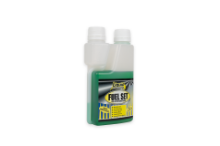
.jpeg)
